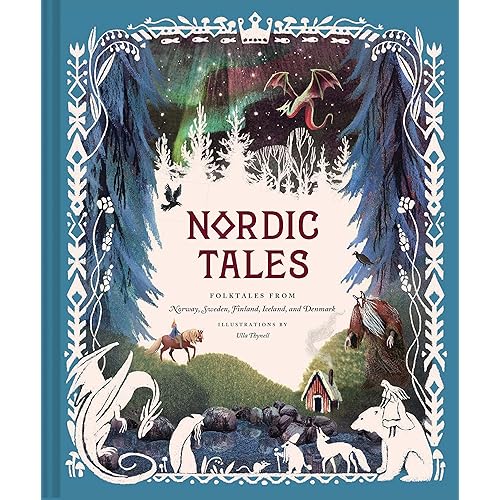

Buy Now, Pay Later
- – 4-month term
- – No impact on credit
- – Instant approval decision
- – Secure and straightforward checkout
Ready to go? Add this product to your cart and select a plan during checkout.
Payment plans are offered through our trusted finance partners Klarna, Affirm, Afterpay, Apple Pay, and PayTomorrow. No-credit-needed leasing options through Acima may also be available at checkout.
Learn more about financing & leasing here.
FREE 30-day refund/replacement
To qualify for a full refund, items must be returned in their original, unused condition. If an item is returned in a used, damaged, or materially different state, you may be granted a partial refund.
To initiate a return, please visit our Returns Center.
View our full returns policy here.
Recently Viewed
Description
The masterpiece of Nobel Prize winner Albert Camus, now in a striking American English translation, The Stranger remains vital for its unsettling insights into the impossibility of moral certainty in the face of violence. “Matthew Ward has done Camus and us a great service. The Stranger is now a different and better novel for its American readers; it is now our classic as well as France’s.”—Chicago Sun-Times Since it was first published in English, in 1946, Albert Camus’s first novel, The Stranger (L’etranger), has had a profound impact on millions of American readers. Through this story of an ordinary man who unwittingly gets drawn into a senseless murder on a sundrenched Algerian beach, Camus explored what he termed “the nakedness of man faced with the absurd.” Now, in this illuminating translation, extraordinary for its exactitude and clarity, the original intent of The Stranger is made more immediate. This haunting novel has been given a new life for generations to come. Read more
Publisher : Vintage
Publication date : March 13, 1989
Language : English
Print length : 123 pages
ISBN-10 : 1
ISBN-13 : 01
Item Weight : 2.31 pounds
Dimensions : 5.17 x 0.4 x 7.97 inches
Best Sellers Rank: #487 in Books (See Top 100 in Books) #28 in Psychological Fiction (Books) #48 in Classic Literature & Fiction #126 in Literary Fiction (Books)
Frequently asked questions
To initiate a return, please visit our Returns Center.
View our full returns policy here.
- Klarna Financing
- Affirm Pay in 4
- Affirm Financing
- Afterpay Financing
- PayTomorrow Financing
- Financing through Apple Pay
Learn more about financing & leasing here.













![Perfect Pan Pizza: Square Pies to Make at Home, from Roman, Sicilian, and Detroit, to Grandma Pies and Focaccia [A Cookbook]](https://m.media-amazon.com/images/I/91MAVVZckwL._AC_US500_.jpg)





